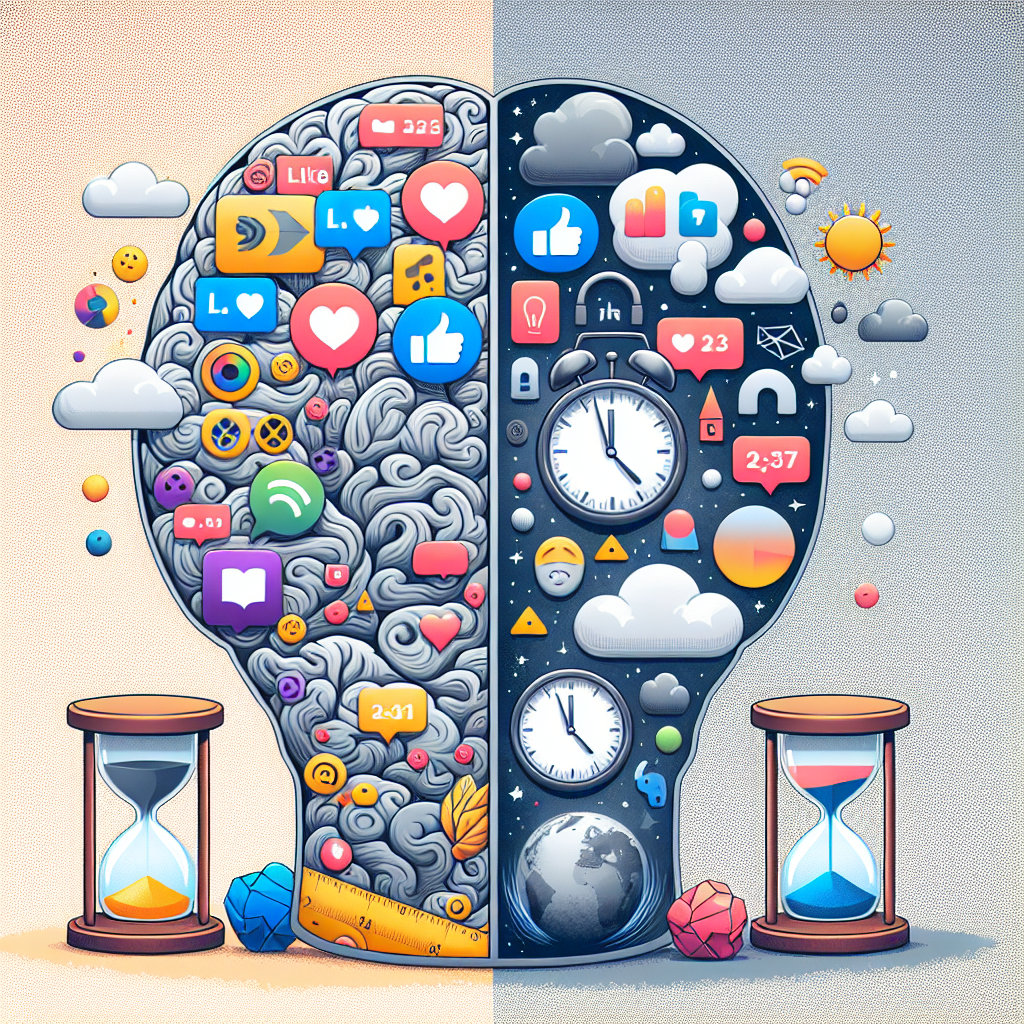In recent years, the impact of social media on mental health has increasingly become a topic of important discussion. Social media platforms, from Facebook, Instagram to Twitter and Snapchat, play a substantial role in the daily lives of millions of individuals worldwide. While these platforms connect people eel, they may also harbor potential risks to mental well-being. Exploring the effects of these platforms on mental health can provide valuable insights into our modern digital culture.
Negative Effects of Social Media on Mental Health
Several studies indicate that excessive use of social media can lead to increased levels of anxiety and depression. One study conducted by the University of Pennsylvania revealed that individuals spending more time on social media platforms had higher levels of loneliness and depression. “Fear of Missing Out” (FOMO) could also be a contributing factor, where users continuously check their social media feeds out of concern of being left out.
Comparisons and Insecurities
Another common issue related to the overuse of social media is the endless cycle of comparisons and heightened insecurities. Social media platforms often present a flawless aspect of people’s lives, leading to feelings of inadequacy, low self-esteem, and overall decreased life satisfaction among users.
Cyberbullying
Furthermore, we cannot ignore the prevalence of cyberbullying on these platforms. The anonymity enabled by social media often fosters harmful, abusive, and bullying behavior, causing serious psychological uproar. Victims of cyberbullying may experience increased levels of social isolation, anxiety, depression, and in very severe cases, suicidal thoughts or actions.
Potential Positive Impacts of Social Media on Mental Health
While the negative impacts are significant, there is also potential for social media to harbor positive effects on mental health. Social media can offer a platform where individuals can share their experiences, sparking vital conversations about mental health which may have been stigmatized or ignored in the past. It offers a network of support and understanding.
Many mental health organizations utilize social media platforms now to increase awareness, destigmatize mental health conditions, and reach out to those who might be suffering in silence. In numerous ways, social media can become an empowering tool in our battle against mental health stigmatization and in promoting mental well-being.
Conclusion
The relationship between social media and mental health is complex and multi-faceted. While it clearly has the potential to negatively influence mental health, social media can also provide a platform for positive communication and support. Balancing these good and bad effects is essential. This can be achieved through promoting more genuine, compassionate use of these platforms, reducing the prevalence of cyberbullying, and changing the culture around excessive use and the need for unrealistic perfection. As we navigate this digitally dominated world, we must continue to evaluate and understand the impact of social media on our mental well-being.
FAQs
- How can social media negatively affect my mental health?
Excessive use of social media can lead to feelings of anxiety, depression, loneliness, inadequacy and can even contribute to the development of more serious mental health disorders. The constant stream of posts can create unrealistic comparisons and heightened insecurities.
- Can social media have a positive effect on my mental health?
Yes, when used responsibly, social media can be a valuable tool for connecting and sharing experiences. Many mental health organizations use these platforms to raise awareness, spread valuable resources, and connect individuals.
- How can I ensure I’m using social media in a healthy way?
Setting boundaries for social media use, not comparing your life to others, and engaging in genuine connections can all contribute to healthier social media use.
- How can parents protect their children from negative effects of social media?
Parents can protect their children from these effects by monitoring their social media usage and educating them about potential hazards such as cyberbullying or sharing too much personal information.
- Where can I find resources for dealing with mental health issues related to social media use?
Many health organizations and websites provide resources for dealing with these issues. Initiating conversations with a professional, like a therapist or a counselor, is also a proactive step.

